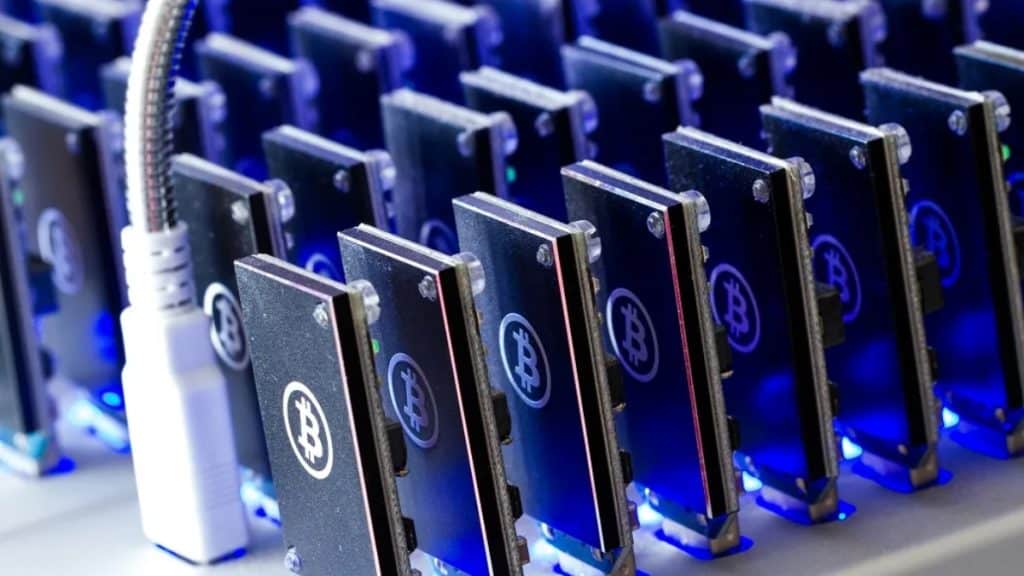The craze of Bitcoin mining is taking the market by storm. To help miners understand the significant issues related to Bitcoin mining, we have framed the most common Crypto System FAQs, which should help you gain success in bitcoin mining.
1. What do you understand by bitcoin mining?
Mining is the practice of using computer processing power to complete transactions, protect the network, and maintain everybody in the system in sync. Since it is a temporary technique used to start issuing bitcoins, this procedure is called ” mine,” analogous to gold mining. Unlike precious metals, however, Bitcoin mining pays for essential services that are required to run a secure payment network. Since the last bitcoin was issued, mining would still be necessary.But, bitcoin mining is a complex process where you need to solve some mathematical problems to validate a transaction with bitcoin.
2. What do you know about bitcoin mining workings?
Anyone with suitable hardware and software could become a Bitcoin miner. Mining software monitors transactions broadcast over a peer-to-peer network and takes the following processing and confirmation duties. Bitcoin miners do this job to collect transaction fees from customers in exchange for faster processing transactions. New transactions must be included in a block together with a math equation of work in order to be confirmed.
Such proofs are complicated to produce because there is no other way to do so without performing billions of calculations per second. This necessitates miners performing these calculations prior to their blocks being recognized by the system and rewarded. As more users begin to mine, the network automatically increases the difficulty of discovering legitimate blocks in order to keep the average time to locate a block at 10 minutes. You need to mine a bitcoin faster to get a reward because you need to know that other miners around the world are working on the same network to solve the same problem to get this reward.
3. Isn’t bitcoin considered a waste of money and energy?
It is scarcely a waste of energy to invest in the security and operation of a payment system. It becomes easier for everyone to trade in bitcoin. However, the usage of Bitcoin, like every payment service, incurs processing fees, and you must check such fees before you trade with bitcoin. Banks, lines of credit, and armored vehicles, all of which are required for the functioning of today’s widely used monetary systems, consume a lot of energy.
Unlike Bitcoin, though, their entire energy use is opaque and difficult to quantify. Some miners choose to cease operations when Bitcoin mining gets too aggressive and less profitable. Moreover, all mining energy is converted into thermal energy at some point. A mining system that is ideally efficient is something that consumes no additional energy.
4. What role does mining play in Bitcoin security?
Mining turns the blockchain into a global jackpot, making it incredibly hard for anyone to contribute new blocks of exchanges in a timely way. This protects the channel’s independence by preventing anyone from being able to block certain transactions. By necessitating the copying of all nodes following a transaction, mining becomes it progressively more hard to undo a previous transaction.
5. What is the importance of miners in bitcoin?
The computing labor that hubs in the public blockchain do with the aim of earning additional tokens is referred to as “mine.” They appear to be in place to assure the legitimacy of Cryptocurrency transactions. Satoshi Nakamoto, the Bitcoins creator, created this criterion to keep Bitcoin miners honest. By validating payments, miners assist in preventing the “double-spending dilemma.” A situation where a Bitcoin user buys the same currency twice is known as double-spending.
Mining serves another beneficial role besides lining miners’ wallets and maintaining the Bitcoin system: it’s really the one way of relieving new bitcoin into circulation. To put it differently, a miner is essentially “issuing” currency. For instance, there were just 19 million bitcoins in circulation in February 2022, out of a total of 21 million. Except for the bitcoins produced by the blockchain network, miners are responsible for the development of all bitcoins.

